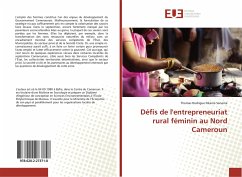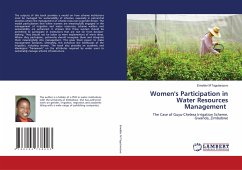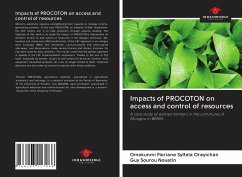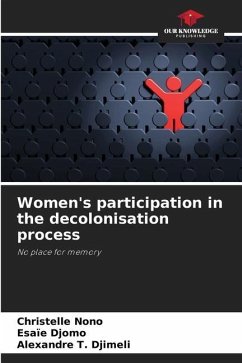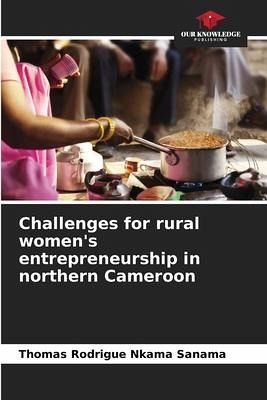
Challenges for rural women's entrepreneurship in northern Cameroon
Versandkostenfrei!
Versandfertig in 6-10 Tagen
24,99 €
inkl. MwSt.

PAYBACK Punkte
12 °P sammeln!
Women's employment is one of the development challenges facing the Cameroonian government. Unfortunately, the formulation of its strategy has not sufficiently taken into account the valorization of local knowledge. In the North, which is still strongly marked by socio-cultural constraints related to gender, most of this knowledge is carried by women. They deploy it, for example, in the transformation of the rare natural resources of the environment, without a minimal supervision by the competent services of the State, the Municipalities, the private sector and the Civil Society. However, a sim...
Women's employment is one of the development challenges facing the Cameroonian government. Unfortunately, the formulation of its strategy has not sufficiently taken into account the valorization of local knowledge. In the North, which is still strongly marked by socio-cultural constraints related to gender, most of this knowledge is carried by women. They deploy it, for example, in the transformation of the rare natural resources of the environment, without a minimal supervision by the competent services of the State, the Municipalities, the private sector and the Civil Society. However, a simple re-cognition would have been enough to make it a sure lever to promote self-employment and fight effectively against poverty. This book, which is based on some experiences in certain localities in the northern part of Cameroon, is aimed at the competent State services, decentralized territorial authorities, as well as the private sector, civil society and development partners interested in development issues in this area.



